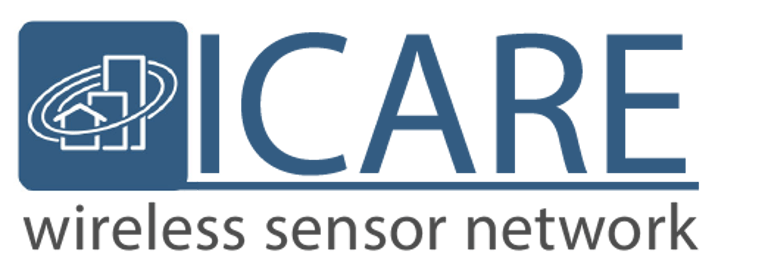Ensuring Accuracy and Compliance: The Importance of NIST Verifications for Medical Sensors
HEALTH CARE


In the healthcare industry, precision and reliability are paramount when it comes to monitoring critical parameters. From temperature-sensitive medications to vaccine storage, maintaining accurate readings is vital to ensure patient safety and regulatory compliance. One key aspect of ensuring measurement accuracy is through NIST (National Institute of Standards and Technology) verifications. In this blog post, we will delve into the significance of NIST verifications for medical sensors and why they play a crucial role in upholding the highest standards of quality and reliability.
Accuracy and Compliance: NIST verifications serve as an independent validation of the accuracy and reliability of measurement devices, including medical sensors. These verifications are performed by accredited laboratories that follow stringent calibration procedures and adhere to recognized standards. By undergoing NIST verifications, medical sensors are proven to provide accurate and consistent readings, giving healthcare professionals confidence in the data they rely on for critical decision-making.
Regulatory Requirements: In the healthcare industry, regulatory bodies such as the FDA (Food and Drug Administration) and other governing authorities impose strict guidelines regarding the storage and monitoring of medical products. Compliance with these regulations is essential to maintain patient safety and avoid potential penalties or legal consequences. NIST verifications offer a means to meet these regulatory requirements by ensuring the accuracy and reliability of the sensors used in monitoring processes.
Quality Assurance: NIST verifications serve as a quality assurance measure for medical sensors. They validate that the sensors meet the defined standards and provide accurate measurements within acceptable tolerances. By investing in NIST-verified sensors, healthcare facilities can trust the integrity of the data collected, leading to better patient care, improved operational efficiency, and enhanced overall quality control.
Confidence in Data: Accurate and reliable data is the foundation of informed decision-making in healthcare settings. NIST verifications instill confidence in the data generated by medical sensors, allowing healthcare professionals to make accurate assessments, identify trends, and take appropriate actions in a timely manner. With reliable data, healthcare facilities can proactively address potential issues, prevent costly errors, and ensure the optimal storage and handling of medications and other sensitive medical products.
NIST verifications are essential for maintaining accurate and reliable monitoring in the medical field. By investing in NIST-verified sensors, healthcare facilities can uphold compliance with regulatory requirements, enhance patient safety, and improve operational efficiency. The confidence gained from accurate measurements enables healthcare professionals to make informed decisions, leading to better patient outcomes. Embracing NIST verifications demonstrates a commitment to quality, precision, and excellence in medical monitoring, ultimately benefiting both healthcare providers and patients alike.
